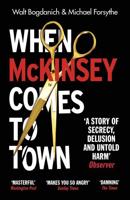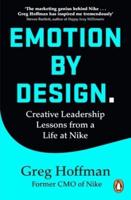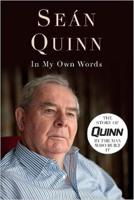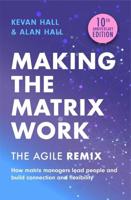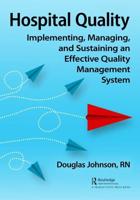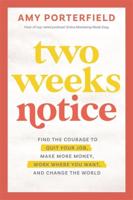Publisher's Synopsis
All the serious students of poverty agree that the trillions of dollars we have invested in ending poverty have failed miserably. In fact, in many places, they have actually made it worse. Yet through its direct impacts on population growth, environmental degradation and political stability, futurists agree that poverty eradication is critical to the survival of the planet.
The theory and practice of international development has long been the exclusive domain of academics and specialists. Out of Poverty: What Works When Traditional Approaches Fail sounds a radical challenge to conventional development thinking. Written for a popular audience that is increasingly sophisticated about global issues, it seeks to expose the 'three great poverty eradication myths' of our time. In place of these myths, it tells the story of poverty as it is experienced by individuals like Krishna Bahadur Thapa, a Nepali farmer who is just one of the 800 million subsistence farmers worldwide who live on less than a dollar a day. In place of grand but futile plans to help the world's poor, it details simple, practical and sustainable solutions to ending poverty that are driven by the entrepreneurial spirit of poor people themselves.
The primary purpose of the book is to tell the riveting, at times humorous and often inspiring story of poor people as they struggle to create new wealth, aided in their efforts by the unique development organisation founded by the author. And secondarily, Out of Poverty is designed to inspire a revolution in development thinking and practice. Instead of being handed down from the ivory tower or air-conditioned offices, development efforts must have their roots in the village experience if they are to bring about the end of poverty. Some of key strategies toward ending poverty that are discussed in the book are making money through grass roots enterprises, developing wealth through growing market-centered high value labor-intensive cash crops, access to affordable irrigation, the creation of vibrant new markets to bring seeds and fertilisers and markets where farmers can sell what they produce at a profit,
What makes the book unique and relevant is that its analyses and prescriptions are firmly grounded in experience. The author, Dr. Paul Polak, is the founder and president of International Development Enterprises (IDE), a non-profit organisation that has achieved remarkable success in alleviating rural poverty throughout Asia and Africa and helped 15 million dollar-a-day individuals over the past 25 years. In this book, Polak gives a compelling voice to the thousands of poor farmers he has personally interviewed and presents practical steps for bringing them out of poverty.



